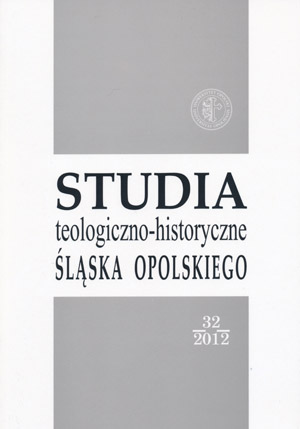
We kindly inform you that, as long as the subject affiliation of our 300.000+ articles is in progress, you might get unsufficient or no results on your third level or second level search. In this case, please broaden your search criteria.

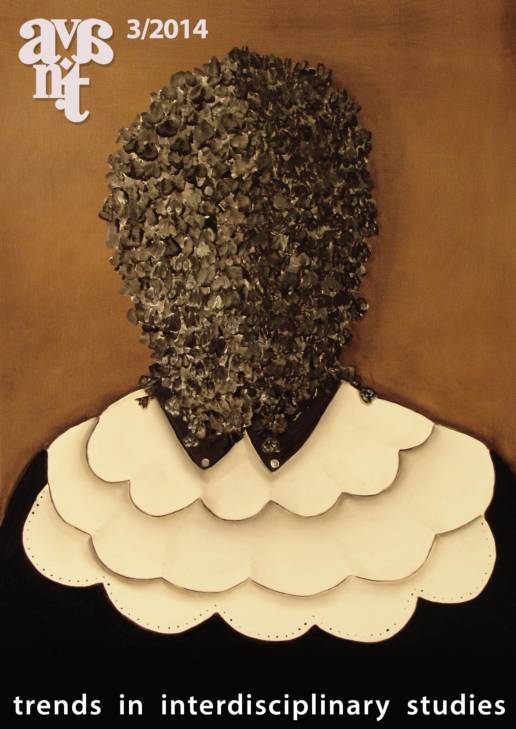
From the introduction to the book review: "The debate regarding predictive coding has been going on for over a year now. The first philosophical traces of this debate are Andy Clark’s (2013a) and Jakob Hohwy’s works. The latter has recently published the first philosophical monograph on the subject of a predictive account of the mind."
More...
From the book review: "S. L. Marratto’s excellent book explores the resources for thinking about the subjectivity that comes from reading Maurice Merelau-Ponty. Interested particularly in Merelau-Ponty’s notion of intercorporiety (which denotes specific dimensions of anonymity characterising the personal body experience that lies beneath explicit self-consciousness), Marratto argues that no account of cognition (or self-consciousness and language) can be sufficient without the appreciation of the intercorporeal character of subjectivity. In that sense, drawing upon Merleau-Ponty’s philosophy, the book aims to demonstrate (1) the importance of the concept of intercorporeity in deepening our understanding of the fundamentally intersubjective character of human self-consciousness, and argues that (2) the intercorporeal character of human subjectivity is resistant to any form of reductionism, which is often found in current interdisciplinary cognitive science. In that sense, it would be however a mistake to assume that The Intercorporeal Self is of great importance solely to the history of philosophy-centered research. In his book, Marratto tackles important contemporary issues found in ecological, embodied, enactive or simply "situated" approaches to cognition."
More...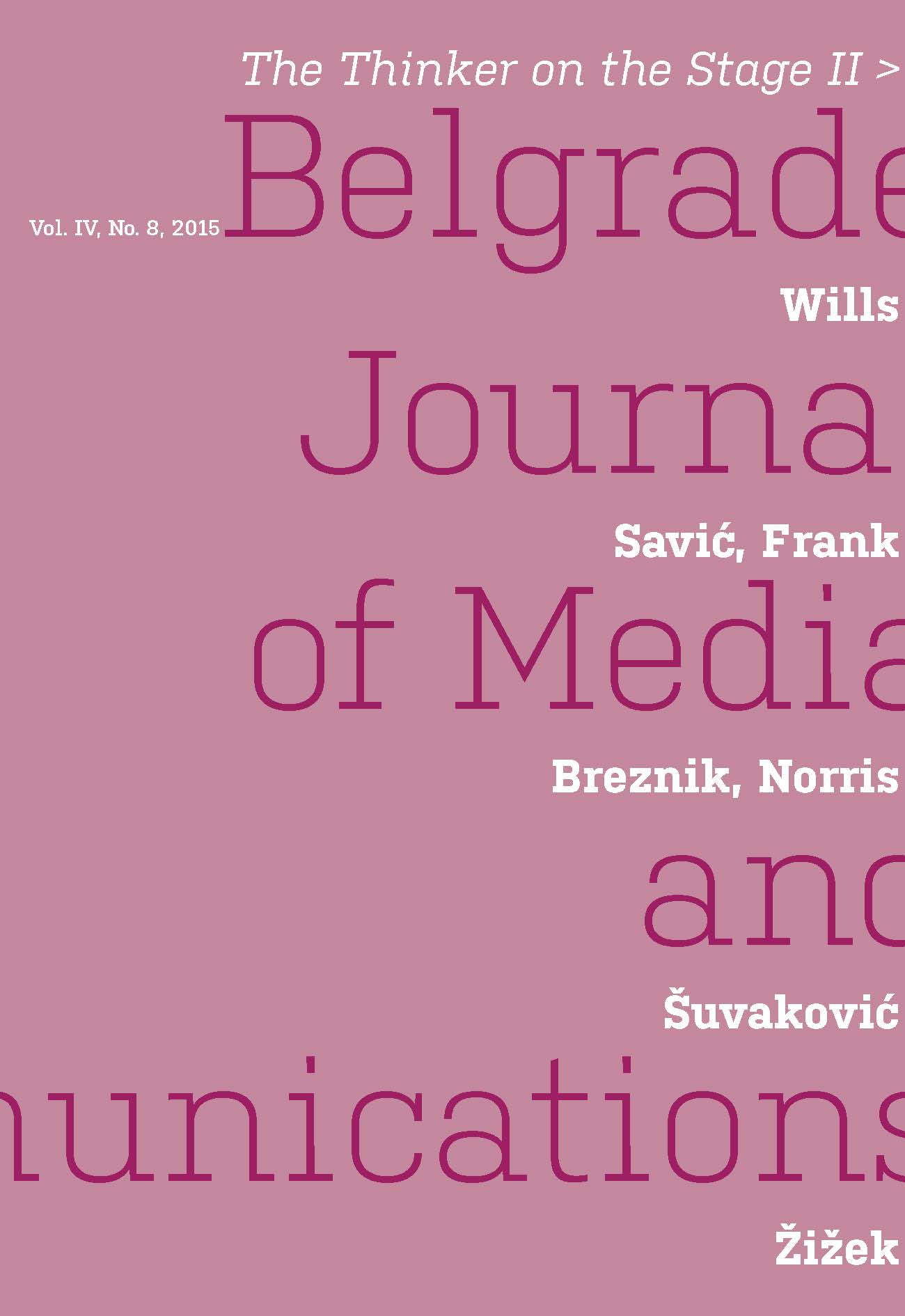
The text has two parts: historical and a systematical. In the first one, main theses on subjectivity are briefly traced throughout the entire history of Western philosophy (from Plato to Heidegger), which is generally determined as ‘self-empowering of subjectivity’. Greater attention is given to early German philosophical Romanticism. In the second part, the structure of subjectivity is sketched. Subjectivity is acomplex notion, the descriptive determinations of which are personhood, individuality and privacy. What makes these to be the instances of subjectivity – is the self-consciousness. In general the text deals with the main question: What is subjectivity, and what is its relationship with self-consciousness and self-knowledge?
More...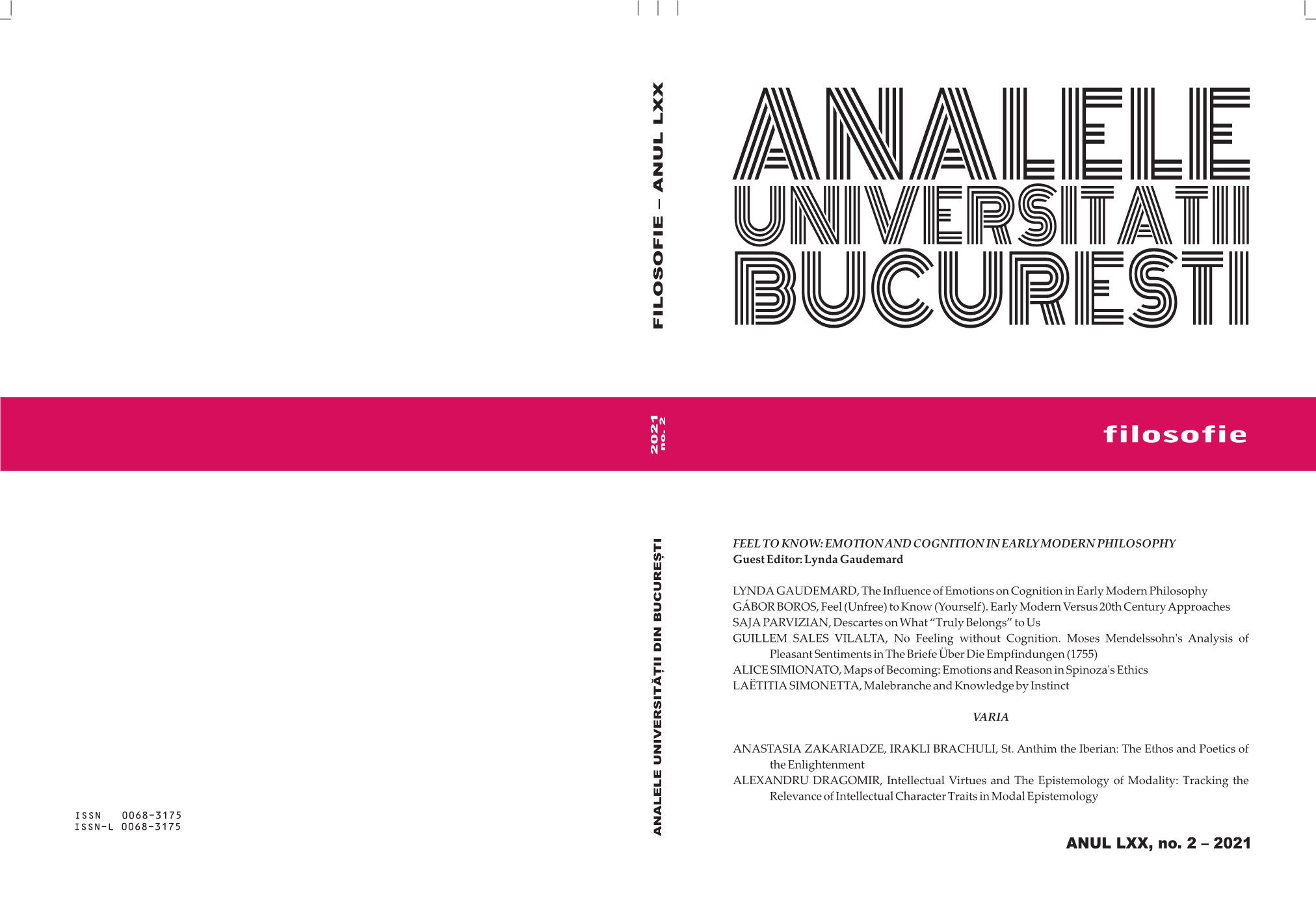
In La Recherche de la vérité, Malebranche succeeds Descartes in entitling the affections of pleasure and pain to a practical role. However, he also speaks of instinct as “knowledge” and “proof”. This vocabulary is all the more surprising as it keeps opposing knowledge, based on ideas, to feeling, which only consists of obscure perceptions. It will thus be about examining the cognitive range that affectivity receives in this philosophy yet known for its rationalism and its intellectualism.
More...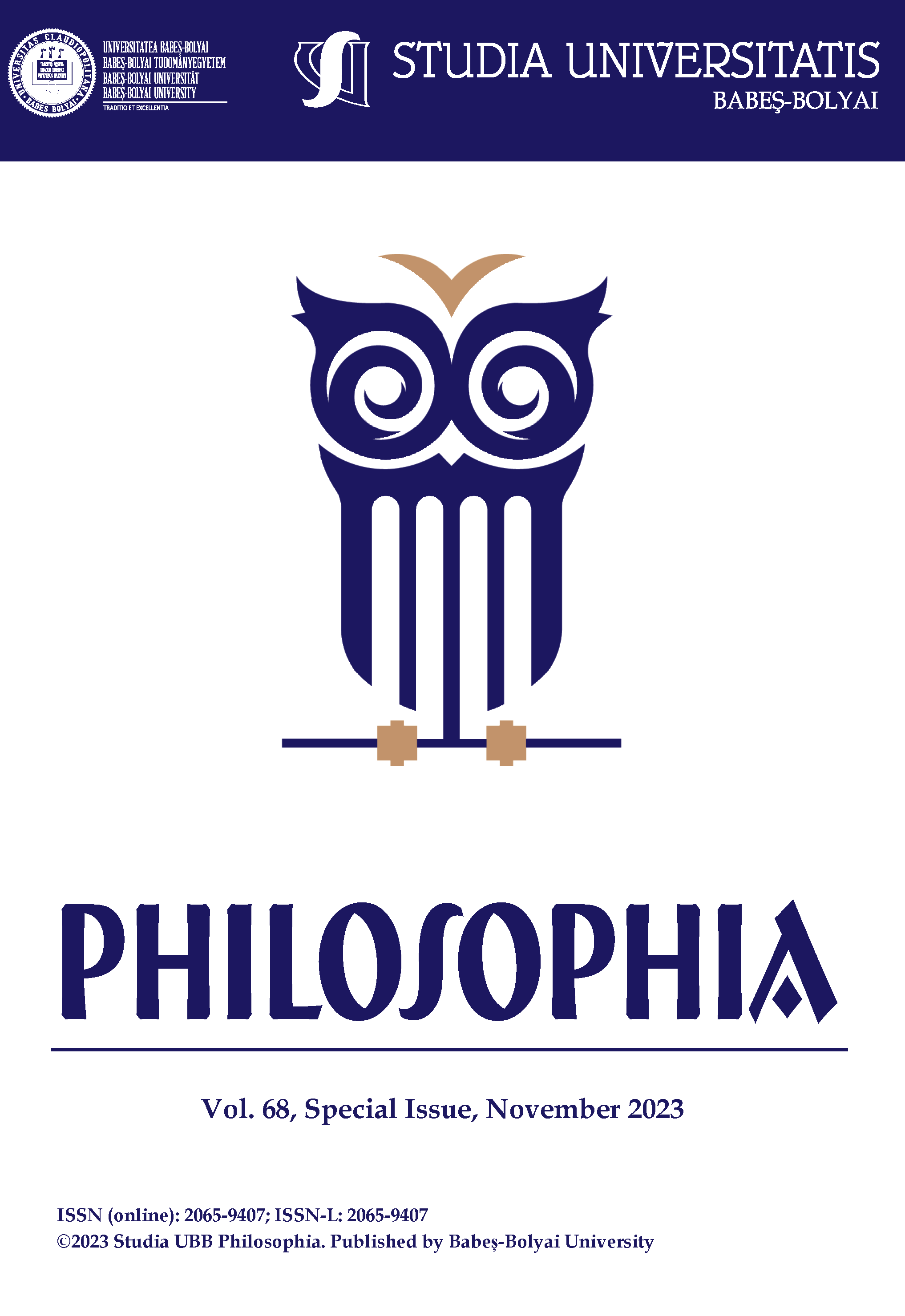
The importance of the justification of our beliefs is a long-debated question. The question of how our memory beliefs are justified, however, is a question we have usually neglected as our memory does not seem to draw much attention to itself. As long as it works, we do not even notice that we use it most of the time. In my opinion, the question of how our memory beliefs are justified, however, should play a bigger role in the philosophical debate. The reason for this claim is that most of our beliefs are memory beliefs. A position, I will argue for in this paper. Based on empirical findings in Cognitive Science, I will explain that our memory is not only involved in forming beliefs about the past but more controversially in forming beliefs about the present, in reasoning processes and even more controversially in forming beliefs about the future. If beliefs about what has been, about what is the case in the present and even about what will have been the case in the future are memory beliefs, reconsidering our strict focus on the justification of mere beliefs seems to be a change in debate worth considering.
More...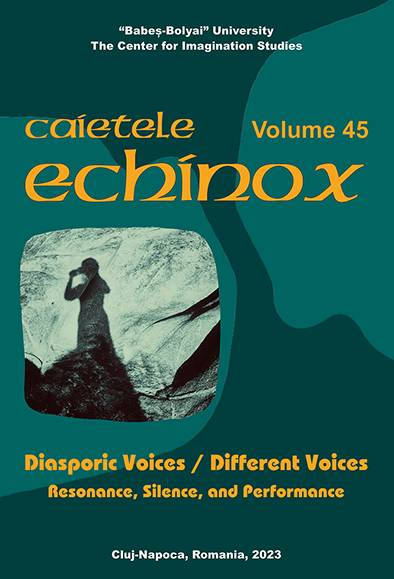
While poststructuralist attacks against structured forms freed literature from the dominance of Aristotle’s canon, twentieth-century evolutions in physics and cosmology brought about a new world vision which also deeply influenced modern authors. If the universe was no longer Newtonian, linear and predictable, and if literature was to “imitate” this new reality, world-texts were also supposed to explore anarchical and complex landscapes. To be able to investigate these anti-structure texts, literary and art critics adapted analytical tools from mathematical and physical theories – modern literature was associated mainly with the theory of quanta, and postmodern literature with chaos theory. In this paper, I engage with some of the main mathematical and physical concepts used as instruments in literary analysis, such as non-Euclidian geometries, the field concept, relativity, entropy, uncertainty principles, fractals, chaos, strange attractors, etc.
More...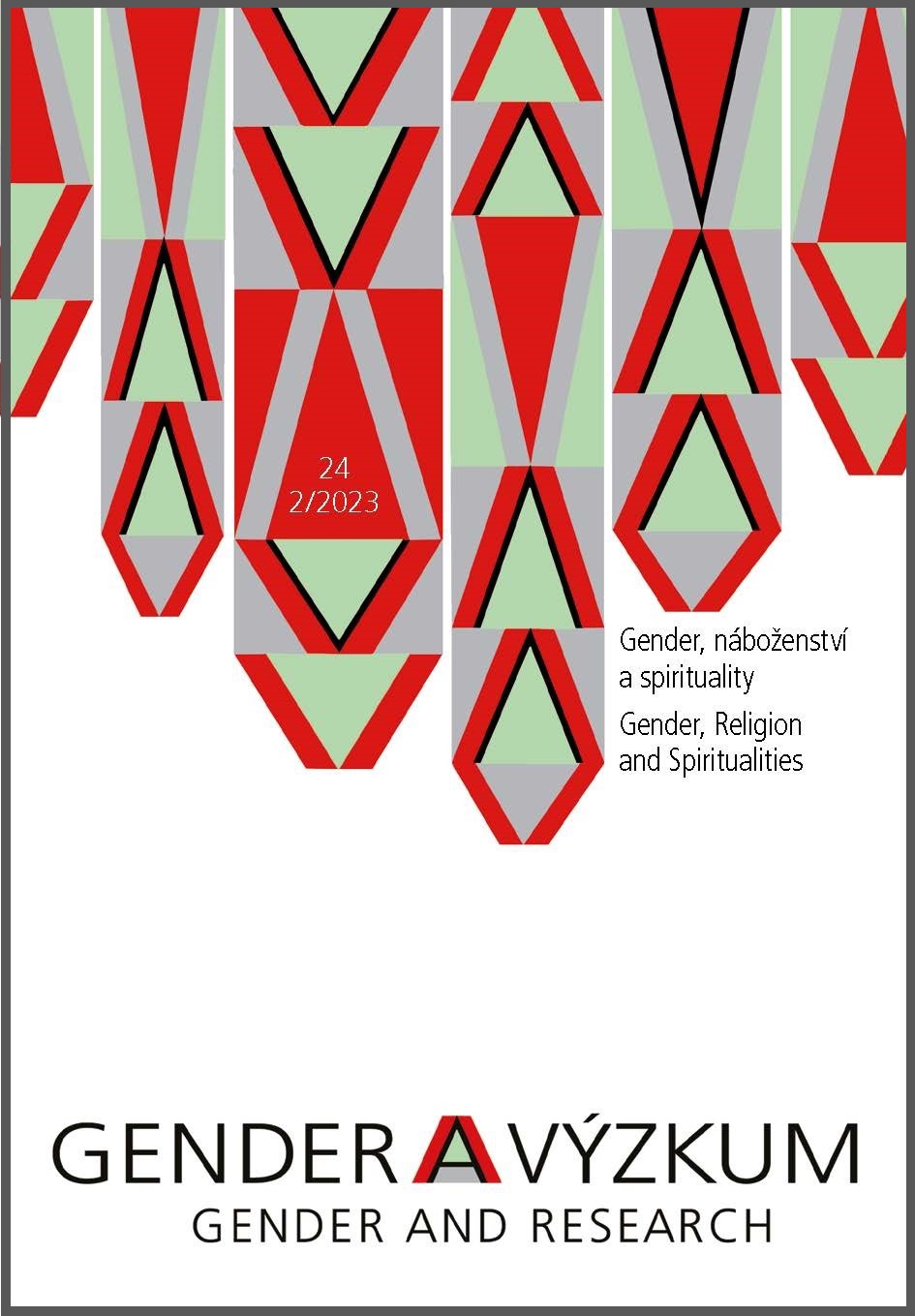
The article explores the concept of gender and gender roles in a spiritual book titled Jak si uvařit (vlastní) vesmír (How to cook up (your own) universe) by Kamila ‘Kamu’ Chadimová, a famous Czech chef and Instagram influencer. As the book is based on the worldview of Alternative (New Age) Spirituality, a full understanding of its concept of gender and gender roles needs to be put in the context of Alternative Spirituality’s core doctrinal traits. The article emphasizes the importance of the concepts of (spiritual) energy and (spiritual) holism as two of the most important traits of Alternative Spirituality and examines them in the context of Kamu’s life story.
More...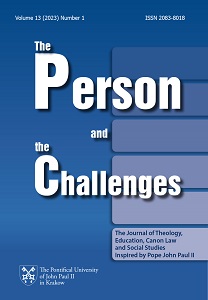
The issue of the relation between the mind and the brain is known as one of the most discussed problem of the philosophy of mind. The recent development of neuroscience contributed significantly to animate the discussion on this subject. This article is one voice in this discussion. It contains a critical analysis of some arguments in favor of the theory which claims that the mind is identical to the brain. Moreso, it is argued, that the observed correlations between physical and mental events cannot be treated as a proof that there is no difference between the mind and the brain.
More...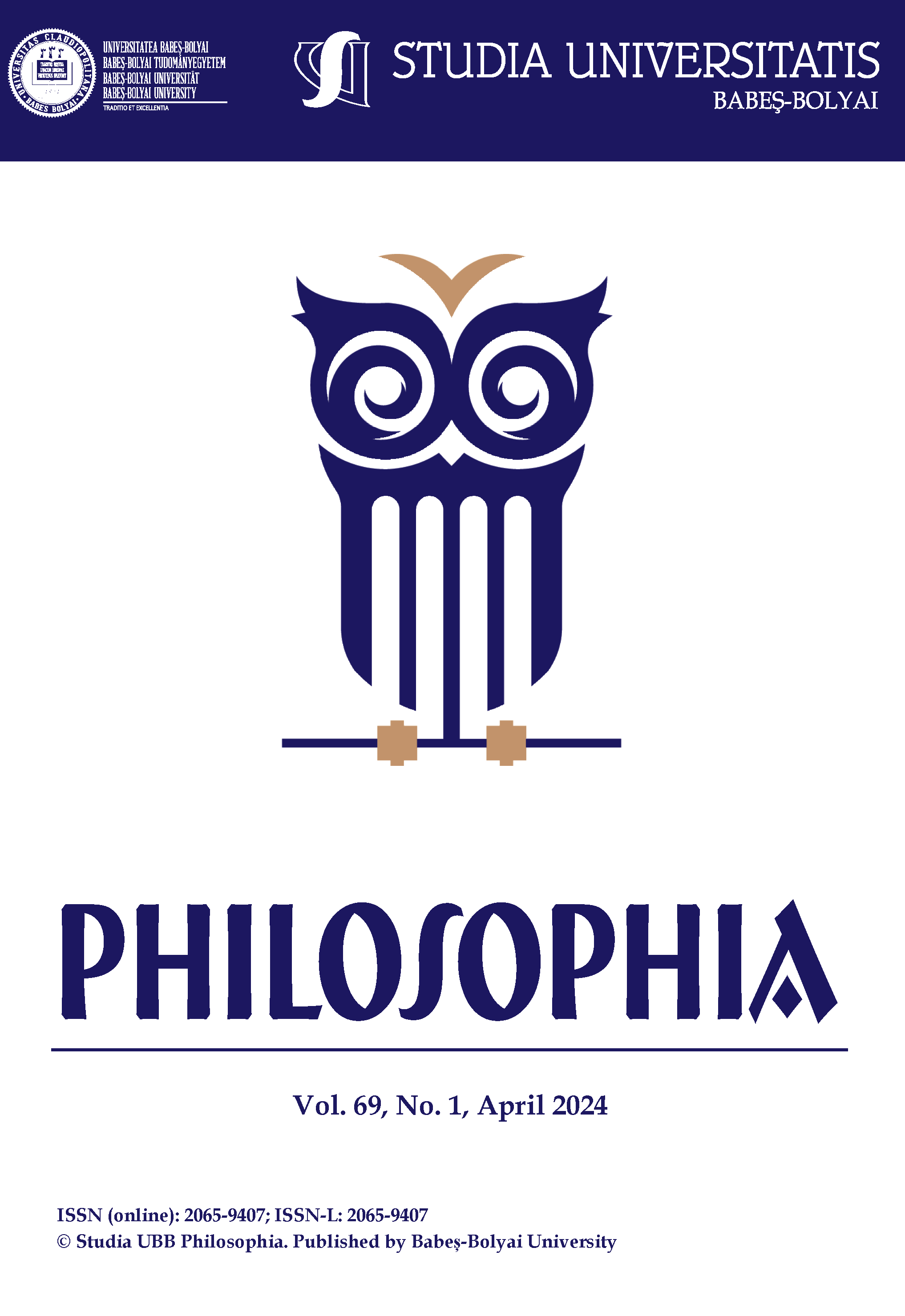
This essay embarks on a thorough exploration of Edmund Husserl’s seminal contributions to the philosophical discourse on consciousness, with a particular focus on the dynamics of conscious decisions within the framework of phenomenology. By delving into Husserl’s nuanced examination of consciousness—its temporal structure, the nature of self-awareness, and the foundational concept of intentionality—the analysis reveals the intricate ways in which Husserl posits the transcendental ego as the nexus of meaning, judgment, and perception. The discussion illuminates how Husserl’s theory of intentionality and the intentional act’s matter and quality serve as the cornerstone for understanding the will’s engagement with the world. Through a detailed exposition of Husserl’s ideas on the phenomenological reduction, the essay articulates the active role of consciousness in constituting reality and the ethical dimensions underpinning the exercise of free will. The paper argues that Husserl’s insights into conscious decision-making challenge conventional views by framing free will within the contexts of knowledge, ethical deliberation, and the ego’s autonomy. This essay contributes to the ongoing dialogue between phenomenology and contemporary philosophy of mind by highlighting Husserl’s profound impact on our understanding of consciousness, agency, and the existential significance of human decisions.
More...
The article aims to explore the roots of Deleuzean body beyond the trad- itional arguments of the philosophy of the body. In this context, firstly, I discuss the attitude of Cartesian dualism toward the body, and its consequences, which form the beginning of early modern philosophy. At the same time, they reflect the old, traditional views on the body. Those visions describe the body as a corpse in itself. With Spinoza and later Nietzsche the body, and soul/mind dualism is replaced with monism and perspectivism. It is from this perspective that the question of “what can a body do?” is posed. Drawing on the philosophies of Spinoza and Nietzsche, Deleuze describes the body as a vast principle of potentiality. Such a body constant- ly appears as the dimension of the multiplicity that is self-constructing. Therefore, in this article, while discussing how the attitude toward the concept of the body changed from Descartes to Deleuze on the ontological level, I simultaneously try to demonstrate the capabilities of such a new understanding of the body.
More...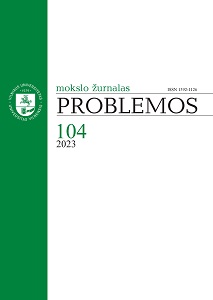
In this paper, I present a novel objection to Chalmers’s “master argument” against the privileged strategy of ‘type B’ physicalists to account for the explanatory gap (the “phenomenal concepts strategy”). Specifically, I argue that the second horn of the master argument gets wrong why zombies cannot have our epistemic situation with regard to consciousness. Zombies cannot have a kind of mental state that we have. If something must have all of our psychological attributes to share our epistemic situation, then zombies cannot serve the purpose of the second horn of the dilemma. By way of background, I begin by briefly outlining a related argument against physicalism, also advanced by D. Chalmers – the “conceivability argument.” I highlight some of the primary challenges with this argument and present additional criticisms. Finally, through a brief examination of panprotopsychism, I consider what lies ahead if Chalmers’s arguments are conceded. I conclude that the phenomenal concept strategy is a sound explanation for why the conceivability of zombies likely does not imply their metaphysical possibility.
More...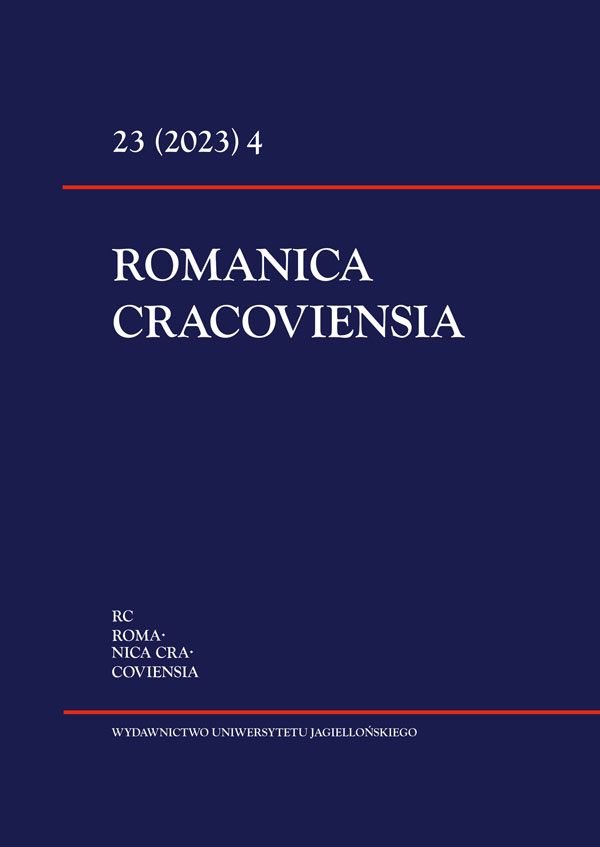
Starting from the consultation of the materials preserved in the Italian-Romanian cultural archive of Rosa Del Conte, the present study aims to seek an answer to the question on which and how much control Rosa Del Conte has on the self-image that the archive conveys.
More...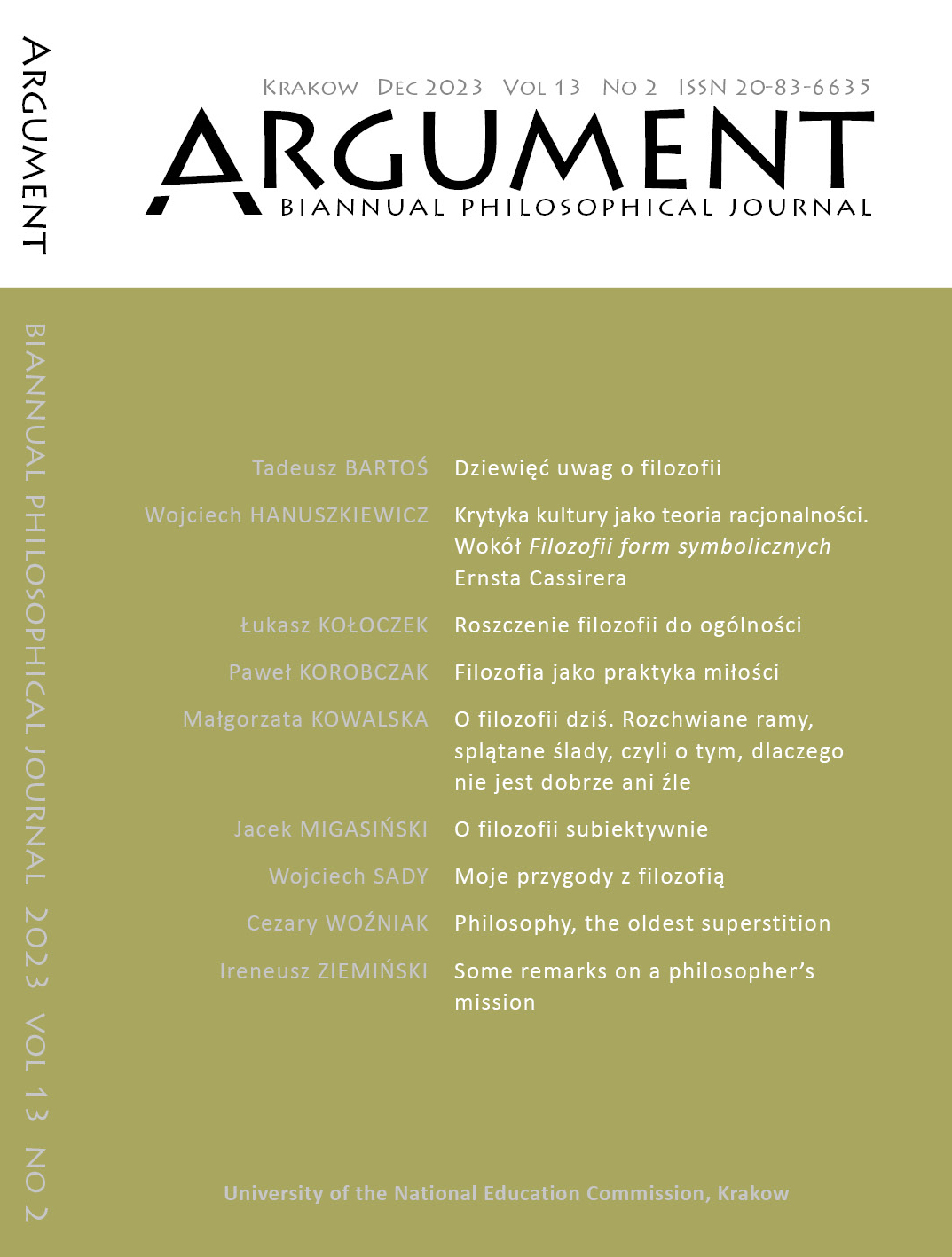
The question as to what is philosophy invites us to look from a number of sometimes opposing perspectives. 1) The question of what philosophy is should find the complement of what it is for you, and what your philosophy is. A reliable answer may be unattainable for many. 2) An assessment of who a great philosopher is could only be made by a philosopher equal to him. There is doubt about the list of great philosophers found in philosophy textbooks. A practical solution: those who have influenced for centuries, to whom all eras refer, are included among the great philosophers. 3) Philosophy is the art of thinking. It cannot be taught in school, which is designed to provide practical skills. School is not the place where thought is born. For thinking can be born in refraining from action, in silence. 4) The elitism of philosophy is not only an opinion about Martin Heidegger’s thought, among other accusations formulated by Jürgen Habermas. Similarly, Plato in his school wanted to form an elite of those who see and understand more. 5) The object of philosophy is the totality of what is, talking about everything. This raises methodological problems. All the more so because philosophical thought wants to transcend these limits, wants to reach beyond all that is given. To enter virgin, uncharted territory. 6) The sin of philosophers, as Friedrich Nietzsche wrote, is the cult of eternalisation. This cult mummifies. Glorification itself is such a killing. In philosophical thinking, the absolutisation of values must be avoided. For it takes us beyond life, beyond what is: it is the deprivation of life. 7) Life in its vital element is slipping away. Its affirmation means saying goodbye to Parmenides, to “take pleasure in uncertainty rather than certainty” (Nietzsche). Philosophy conceives itself as a lofty and serious thing. It has no room for humour, for laughter, as Nietzsche demanded. 8) Since everything has its end, philosophy too experiences its end. The memory of its great history remains, but it only confirms the irreversibility of the passing of the old worlds. Even the best reading of Plato’s dialogues will not bring back that lost world. 9) The task of philosophy today is to rethink the nature of finitude. It has been thought of as a negation of the infinite, as a relative concept without its own autonomous content. Discovering another way of thinking, looking, anticipating another way of understanding finitude, is the real challenge.
More...
This paper discusses the resources for deconstruction offered by cognitive science, drawing inspiration from David Gunkel’s work on the topic (Deconstruction, MIT Press 2021). The gesture of deconstruction is seen as having a positive impact on the development of this interdisciplinary field by challenging misleading dichotomies and examining its underlying assumptions, such as the symmetry of integration.
More...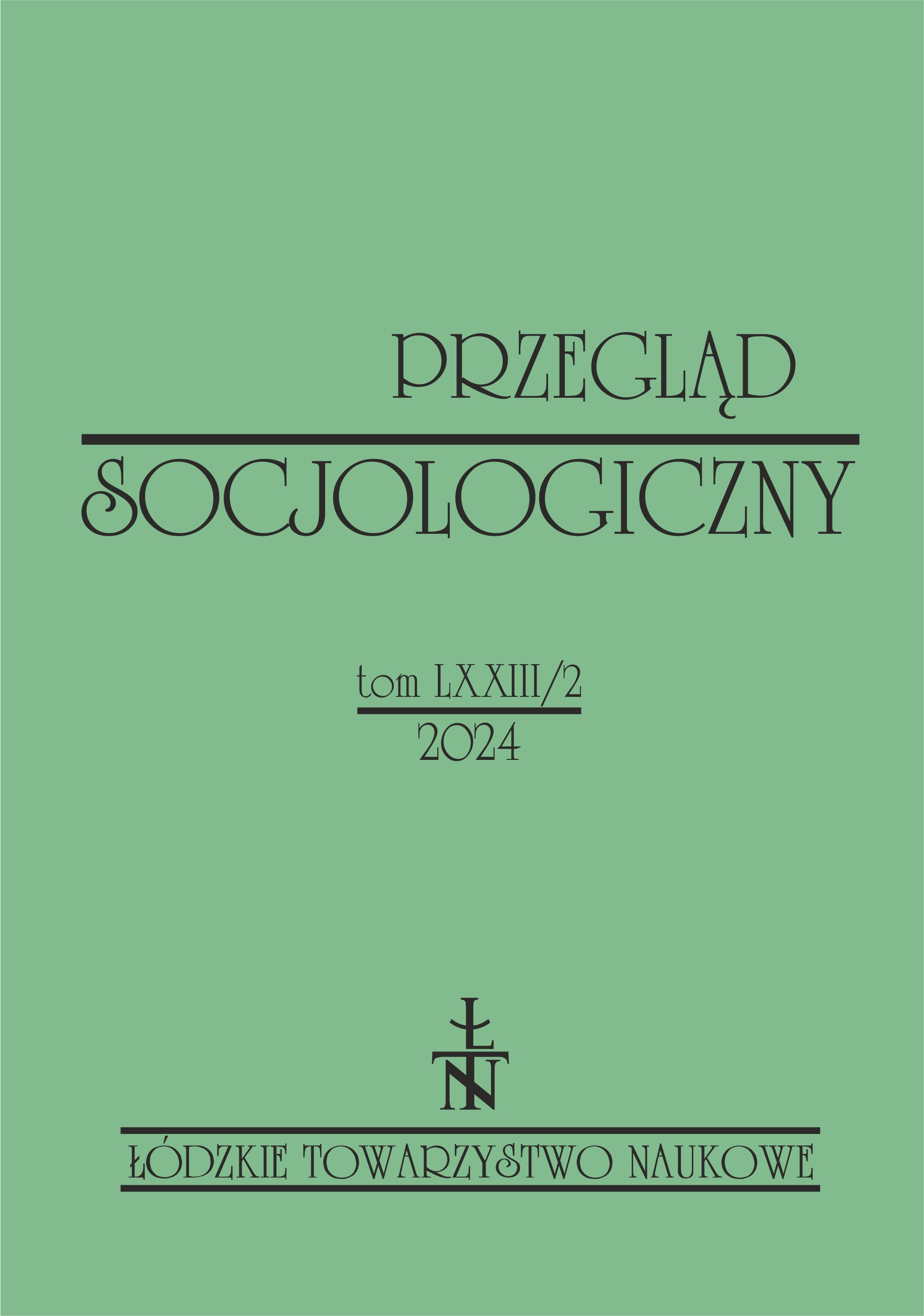
the focus of this article is the path to spiritual nomadism, considered using the example of a man who since childhood has been driven by the desire to “place himself”, i.e. to find his place in the world. the deliberations begin with terminological issues, where the author defines the spirituality characteristic of such nomads and postmodern nomadism in general, and methodological issues, where the context of the study and the method of analysing the research material are described. then, the path leading to nomadism is reconstructed: from early experiences of the “emptiness” of the surrounding world, through attempts to find one’s own place (ending up stuck in a biographical trap), to stepping out of existing social structures and making a “subjective turn.” In conclusion, attention was drawn to the psychosocial nature of the phenomenon under study, which is probably a reaction to the postmodern disintegration of the architectures of meaning.
More...
The paper focuses on the role of distributed mechanisms in cognitive processes. It discusses the results of research in economics, geography and organization theory on the spatial concentration of actors in innovative industries. Although geographic economics and other disciplines have demonstrated a relationship between geographic concentration and inventiveness and innovation, they have not offered explanation in terms of mecha- nisms. Employing the concept of distributed mechanisms, this article proposes a reinter- pretation of concepts such as buzz and the knowledge spillover effect that geography and economics refer to.
More...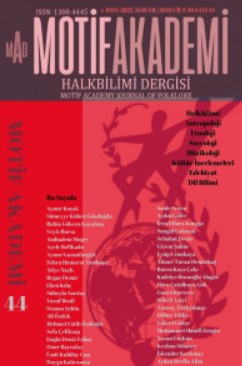
Alienation can occur directly or indirectly from the external space in which the human lives to the existential conflicts. Alienation, which is examined with various phenomena in the philosophical perspective of thinkers, can be observed socially and indiyidually and can be revealed with negative affectivities. The concept has been examined in philosophy, sociology, psychology and many disciplines, and has been evaluated in human-specific forms of expression. There have been researches on how the loneliness, which is experienced along with being associated with not being original, loss of meaning and inevitable questioning are determined in the human mind and how they can turn into an ascension and discharge and end. In line with the perceptual management of systematic configurations, the suppression that has begun occur in the human mind has revealed the processes of alienation and self-destruction. The area of loneliness, which started to expand during the destruction process, created a whole of images with the individual’s attempt to comprehend himself and to make the meanings lost in the process of mental questioning meaningful stimulated the creative self. The mud material, shaped by the use of mental and physical muscle, with enables suppressed emotions to be activated along with an act of excretion, has been a factor in the tendency of the individual, who has become isolated by alienation, to make sense of the causal phenomenon through the expression he has shaped. Ceramic, which can respond to the negative actions of individuals observed in a state of alienation with its formation, has provided its artistic development with the transfer of original expressions. The Works of contemporary ceramic artists, which are examined with in the scope of the article, have been shaped by the impression of lived realities, and have conveyed the inevitable destructive effect of alienation in the direction of their lyrical expressions.
More...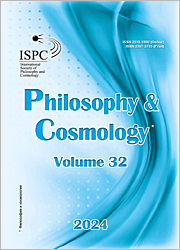
Over the past several years the question of unidentified anomalous phenomena (UAP) has commanded increasing interest. Attention has generally focused on two main classes of hypotheses: a conventional terrestrial explanation (e.g., human technology), and a more extraordinary extraterrestrial explanation (i.e., an intelligent civilization from elsewhere in the cosmos). However, while some authorities seem open to the latter (e.g., elements of the military and intelligence communities), on the whole scientists appear reluctant to consider it. This may be because such ideas have long been relegated to the “paranormal” and dismissed as a legitimate focus of enquiry. However, work has nevertheless flourished on adjacent ideas, such as the possibility of extraterrestrial life per se and the viability of interstellar space travel. As such, given these adjacent ideas, together with new evidence concerning UAP that seems to elude conventional understanding, this paper argues that the scientific community should engage with the extraterrestrial hypothesis as a real and genuine possibility.
More...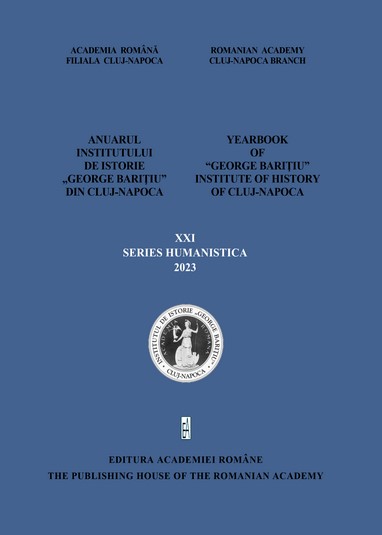
Lacan (2014) defines the human being as a speaking animal. But we don’t know the identity of the speaking subject, insofar as it is speaking. To generalise, we don’t know the identity of the subject of perception, affectivity or of the intentional relation. We thus find ourselves confronted with the necessity of a (radical) difference between this (volatile) subject and the observable consequences of his acts. The subject wouldn’t be able to articulate, to function as the cause of a discourse, unless 1. it was previously divided with respect to the signifier and 2. in virtue of its momentary act-related absence at the level of its (symbolic-imaginary) performances. The intentionality of the subject (definable as a symbolic arc) is distinct to any objectifying intention. The subject doesn’t exist, as the Other doesn’t exist, being thus able to generate important effects. Being a singularity, subjectivity is rather approachable from an apophatic theology / anthropology. As a version of the ontological difference, the distinction between the subject (psychic cause) and the objective relation is simultaneously capable of providing a device for interpretation. The thesis I wish to defend within this article is this: unconscious causality overdetermines objective causality. In The Interpretation of Dreams, Freud (2003) manages to prove that the result of the dreamwork isn’t a random-imaginary emanation of some organic processes, but a composition with a symbolic force and operations such as selection and condensation are markers of an invisible hand. In On Interpretation, Aristotle (1957 & 2016) shows that there is a remarcable (logical) interdependence between possibility and necessity. You can’t treat one without treating the other. The logical treatment (performed by a subject necessarily placed outside discourse) overdetermines the correlation in question. I will try, as a final step, to evidence, based on a set of statements performed by Anton Zeilinger (2006, 2007, 2013, 2014, 2015 și 2016), some important implications of the (contemporary) quantum theory: (a) Indetermination isn’t a state of the Real, but its answer to a disjunctive questioning aiming to obtain a determinate (univocal) answer; (b) this indetermination is simultaneously the condition of possibility of the capacity of the symbolic relation to alter a reality which seemed to be mechanically governed by an (implacable) objective causality.
More...